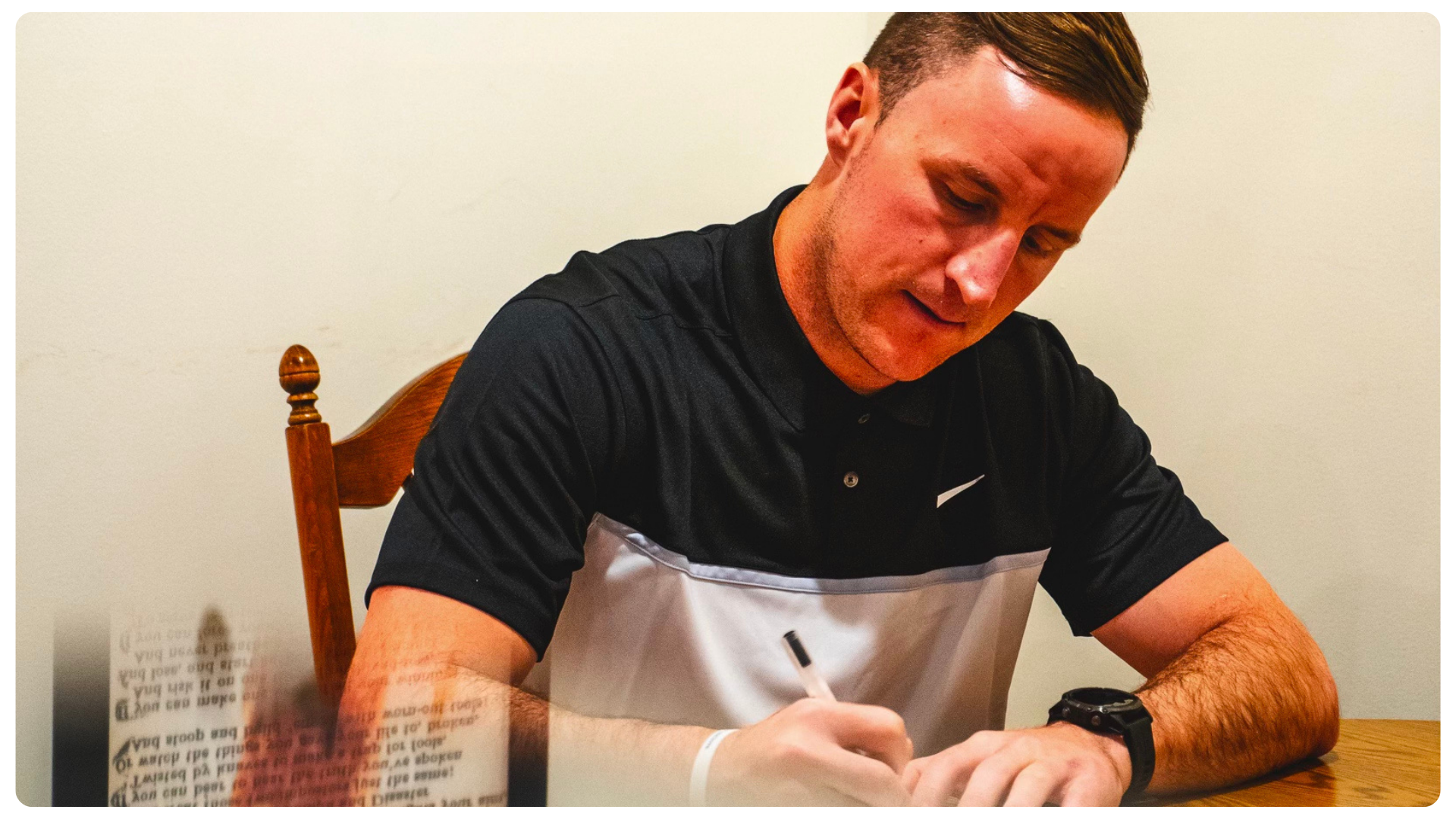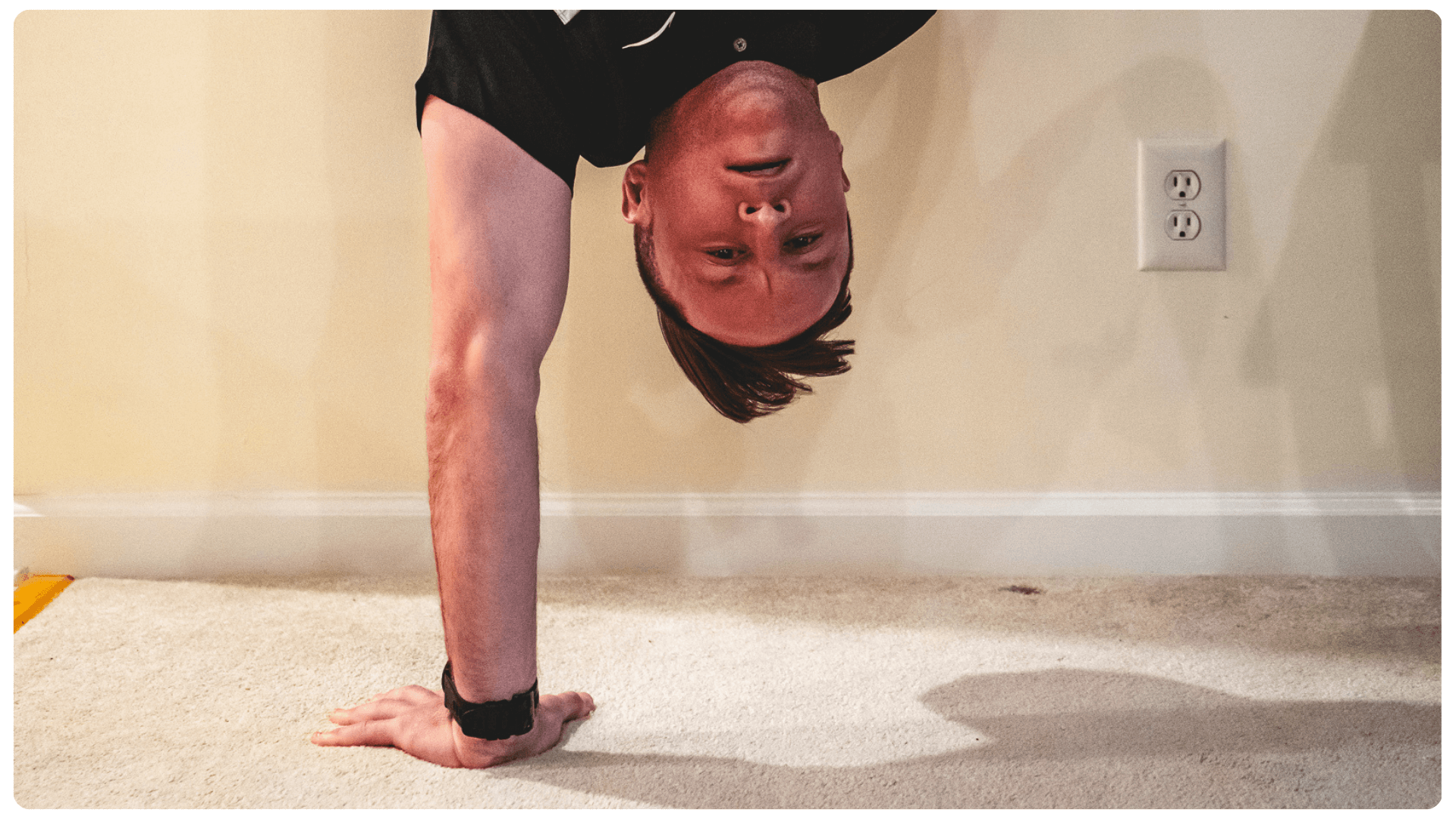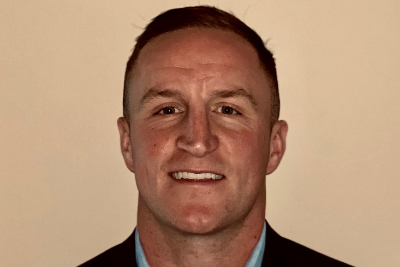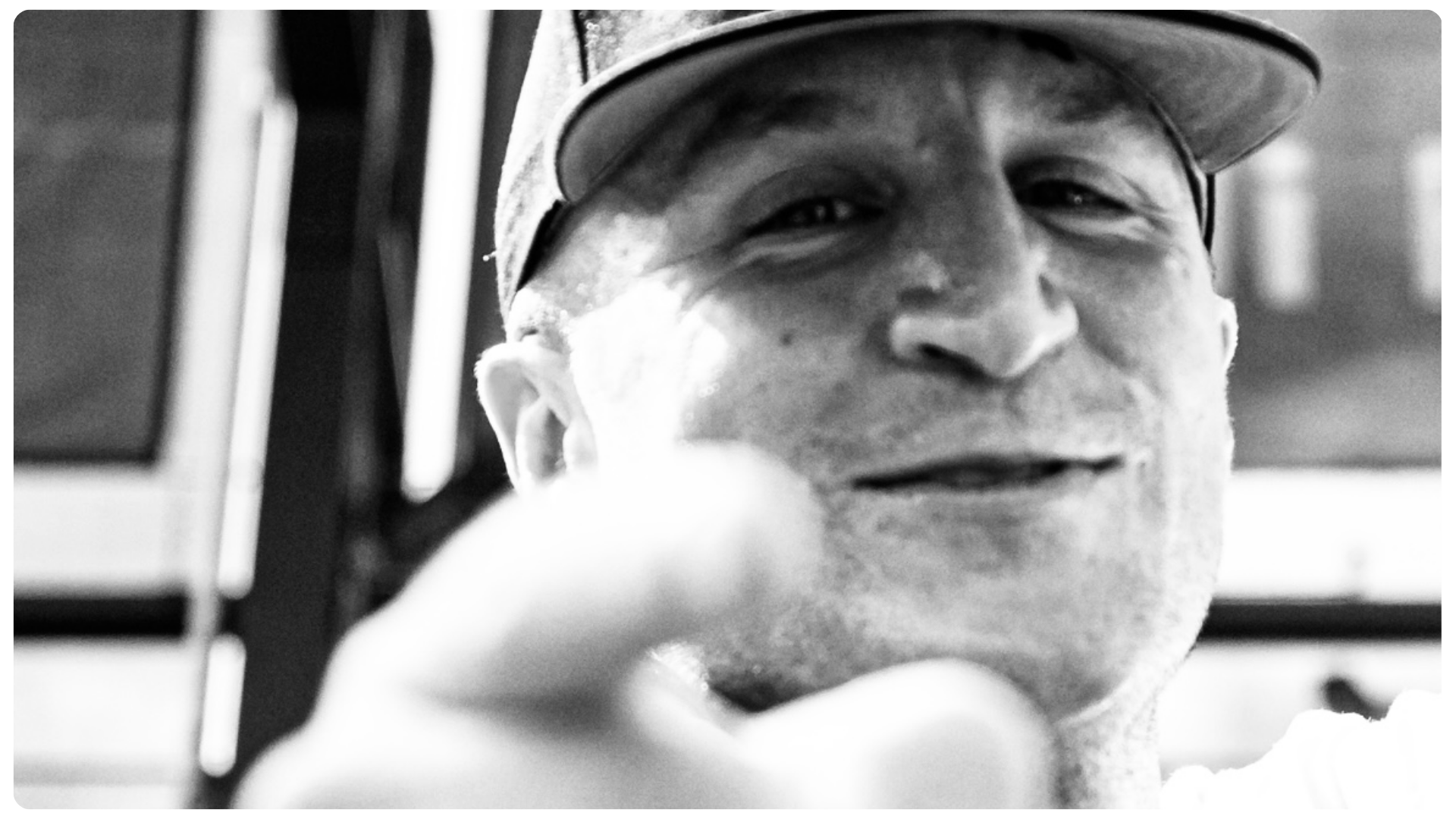
Created in 1908, psychologists named Robert Yerkes and John Dodson used an inverted U-shaped curve to explain the relationship between our magnitudes of arousal and stress with our levels of execution and performance.
From academics to sports, creative pursuits to everyday work… we perform our best when there’s a harmony between stress and rest, activation and relaxation, focus and openness.
When our arousal is too low, we are comfortably bored. When our arousal is too high, we are in a state of distress: pulled apart due to the anxiety that stems from complexity. We must care, but not too much. Caring less without becoming careless.
Mindfulness
One of the best ways to train our minds, alongside journaling and engaging in deep discussions with wise individuals, is mindfulness: becoming aware of the present moment without judgment. An individual who is mindful remains open — vision is wide like a floodlight rather than narrow like a flashlight and perspective is curious instead of critical. Mindfulness could be practiced through quiet reflection and meditation or movement without a set destination: swimming laps, walking trails, wandering.
The opposite of mindfulness, disconnection and distraction, depletes our inner resources. Vision narrows. Conscious creation gives way to unconscious consumption. Impulsive reactions push aside responsibility. Nihilistic ideation increases…
STOP
Stop, Take a breath, Observe, Proceed. This simple acronym is a practice for taking the reins on our own attention. There is no more powerful word in the English language than a rightly… timed.. pause; there is no more powerful technique in human physiology than an intentional, deliberate STOP. Invaluable gift, costs nothing, to pay attention.
I am the master of my fate, captain of my soul.
– Invictus, by William Ernest Henley
Another technique to consider, RAIN, comes from Tara Brach’s book titled, Radical Compassion. Recognize, Allow, Investigate, Nurture. Especially with difficult and negative emotions, noticing and letting feelings pass is a marker for true emotional fitness. Rather than attempt to change or to control, observation without exertion is enough. To complete the RAIN practice, Brach encourages individuals to nurture with self-compassion; in other words, to utilize uplifting self-talk and self-thought to shift our minds toward an internal signal worth listening to.
The soft skill of mindfulness is among the hardest to master
It’s easy to think of it as voodoo nonsense. It’s commonplace for many to view it as “not for me.” It’s an ability we are all born with yet only a few choose to take advantage of. Nevertheless, those we admire most due to his or her self-control, patience, and insight… embody mindfulness.
Dr. Amishi Jha, who coined the STOP method above, brilliantly stated, “Focus is a decision. Refocus is a skill.” We get to choose what we focus on. Concentration, also known as refocusing, requires discipline, intentionality, and a commitment to competence. Jha emphasized, “The three things that draw our attention away [and distract us] are negative mood, stress overload, and threatening information.” The more mindful we become, the more positivity, calmness and understanding we will experience.
Why do we attempt to control the uncontrollable?
Because of fear, uncertainty, or both?
When was the last time we, as The Beatles sang over 50 years ago, Let It Be?
We can be mindful even when our mind is full.
Mark Glicini
Founder & CEO of Mark Glicini Peak Performance
Mark was born and raised in New Jersey where he became an elite high school student-athlete. He earned varsity letters as captain of his high school football, basketball and lacrosse teams and was elected into the National & Spanish National Honor Societies. He attended a post-graduate academic program at Deerfield Academy in Deerfield, MA before college where he earned his Bachelor of Arts degree in Economics from Yale University in New Haven, CT. He is currently a graduate student working toward his doctorate degree in Sport & Performance Psychology at San Diego University for Integrative Studies under Dr. Cristina Versari, Founder & CEO of SDUIS and former Head of Sport Psychology for the National Basketball Association. He is a Teaching Associate with Dr. Robert Gilbert, a Professor at Montclair State University (NJ) and a leading authority and author in the field of Applied Sport Psychology. Mark is currently the lead Mental Health & Wellness Player Advocate for the Premier Lacrosse League.
Getting to Know the Author
Mark is a Certified Fitness Trainer, Nutritionist, and Mental Performance Coach. He is currently pursuing a graduate degree in Sport & Performance Psychology at the San Diego University for Integrative Studies.
At Mark Glicini Peak Performance, we recognize that physical health reflects mental health. We study how intention drives behavior and emphasize that true peak performance requires an integrative approach—mind, body, and spirit.
The Meaningful Growth Foundation
As the Mark Glicini Meaningful Growth Foundation embarks on a journey of endurance and togetherness against the trials and tribulations brought upon by cancer, I state: every inch of my heart is in this.
Like so many, cancer has had a profound impact on my life. It took the lives of my grandfather and uncle before I was born. For years starting in 2011, I stood by my mother’s side as she battled and overcame lymphoma. Her fortitude, unwavering support from loved ones and God’s will triumphed amid extreme adversity.
Although we have not and may not win every fight, we will relentlessly strive to make an individual’s growth meaningful and to ensure his or her family feels cared for and supported. Thank you for your love, God Bless!

Clarity Creates Confidence
“What do you know now that you wish you knew back then?” This is perhaps the most important question a student could ask a mentor or role model. If I...

Work vs Play
How many of us are in school yet not into school? How many of us are in a relationship yet not into the relationship? How many of us are in a place...
 Mark Glicini
Mark Glicini

